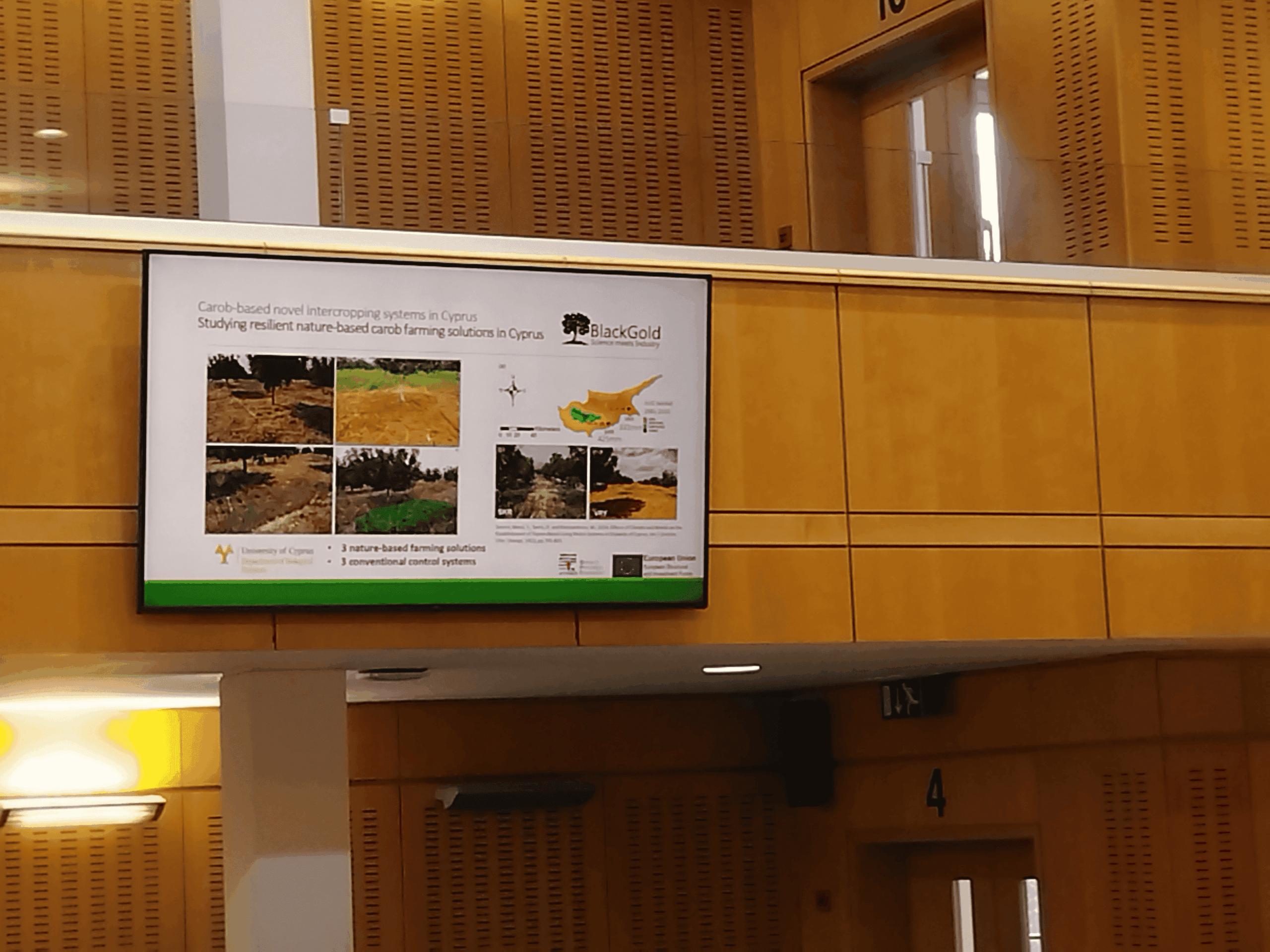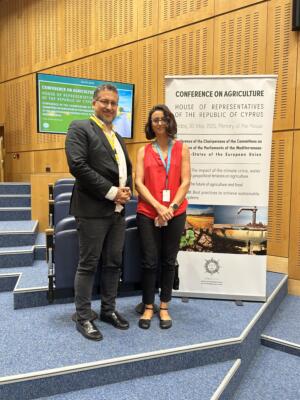CEF at the Mediterranean parliamentary EU member states conference on agriculture
Safeguarding the regenerative use of land is a critical area of interest for the CEF, and on Friday, May 30th, CEF’s Executive Director, Sofia Matsi, was invited to speak on the subject at the prestigious Conference of the Chairpersons of the Committees on Agriculture of the Parliaments of the Mediterranean member-states of the European Union held at the House of Representatives in Nicosia, Cyprus.
Members of the parliament and representatives of the State from Cyprus, Spain, Italy, Croatia and France attended the conference and contributed with their speeches and interventions towards the three sessions of the conference. Mr Christoph Hansen, the Commissioner for Agriculture and Food, was one of the key speakers of the conference, talking about major challenges EU farmers are facing today while suggesting constructive measures the EU has been taking to help support them. Dr Xenia Loizidou and Dr Demetris Tsaltas, respectively, shared examples of best practices and more actions that should be implemented in Cyprus on the impact of climate crisis and water scarcity on agriculture as well as the future of agriculture and food. Representatives from all five farming associations of Cyprus were also present commenting and suggesting constructive measures for the support of Cypriot farmers.
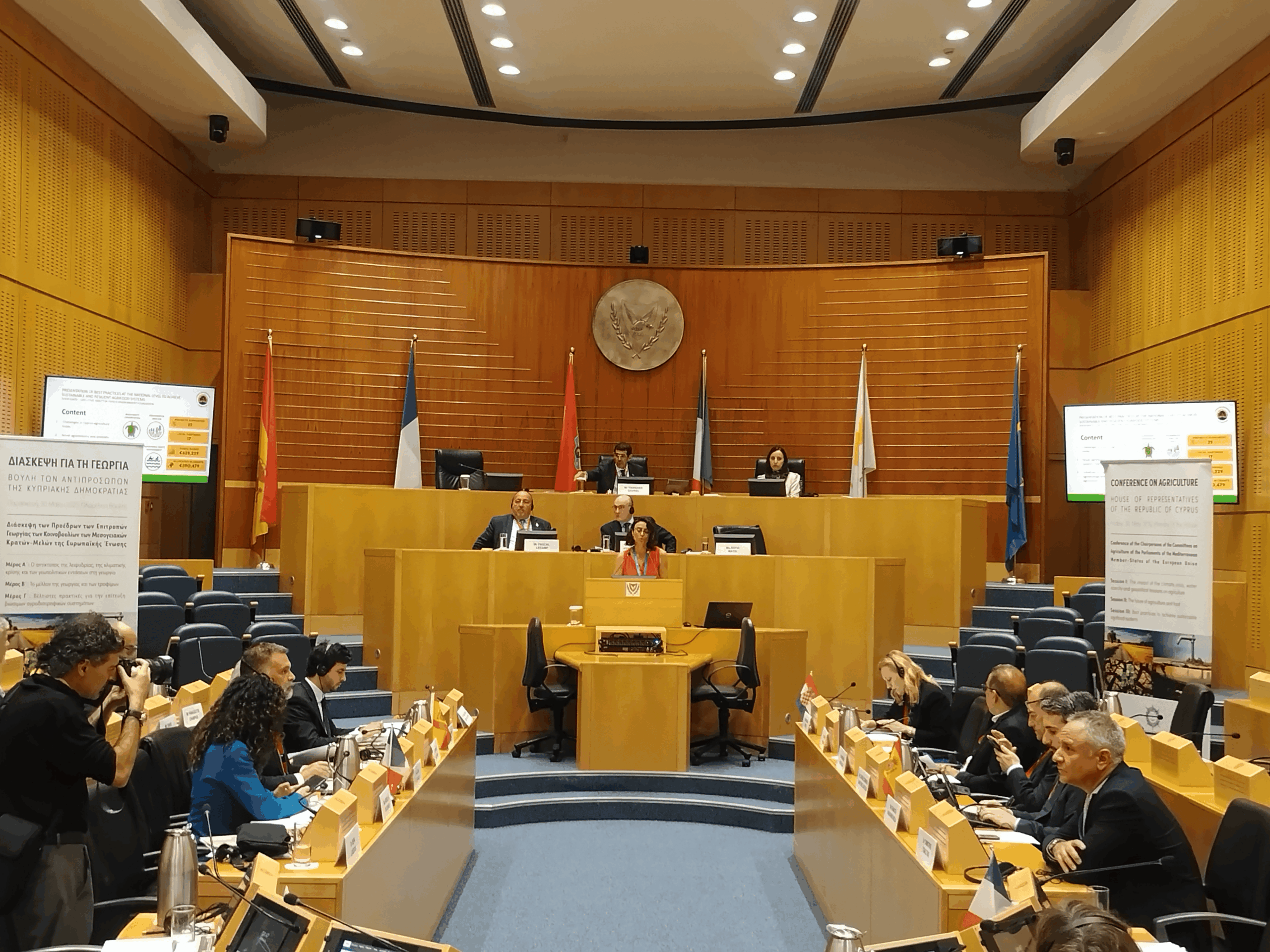
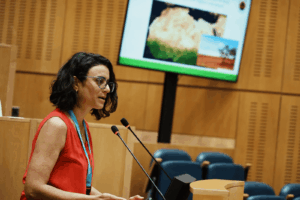
In her speech ‘Presentation of best practices at the national level to achieve sustainable and resilient agrifood systems’, CEF’s executive director shared examples from her research with the Department of Biological Studies of the University of Cyprus (Black Gold project) as well as the promising actions of the TUI Field to Fork Cyprus project CEF is implementing on the island. Her presentation demonstrated how locally tested nature-based farming solutions can help mitigate water scarcity and climate crisis on the island and the broader Mediterranean region. The presentation emphasized on how diversification of agroecosystems through aromatic-based alley cropping and employment of regenerative soil practices such as dry mulching, seem to be appropriate methods for water scarce conditions. Such techniques help conserve soil, enhance agricultural yields and perform better in terms of environmental indices (water and carbon footprint, energy intensity) compared to conventional farming practices like tillage.
Answering one of the conferences’ common declaration questions on: ‘How we can turn farming in Cyprus to a more sustainable and attractive sector for younger generations,’ Sofia shared the example of the TUI Field to Fork Cyprus project. By offering both training and incentives to young farmers of Cyprus, we can support the transition of more farmers towards regenerative organic agriculture (ROA). Farmers not only need to understand the value and principles of the ROA methods, but they also need to be provided with market opportunities to supply their products. By harnessing the power of the hospitality sector in Cyprus, the project aims to provide these opportunities to farmers in Cyprus and encourage the adoption of such techniques helping convert more agricultural land on the island as areas under ROA management.
- Conference’s agenda
- Sofia Matsi’s presentation
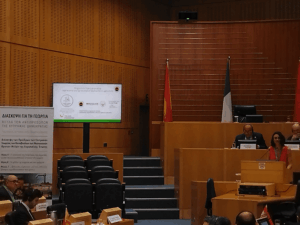
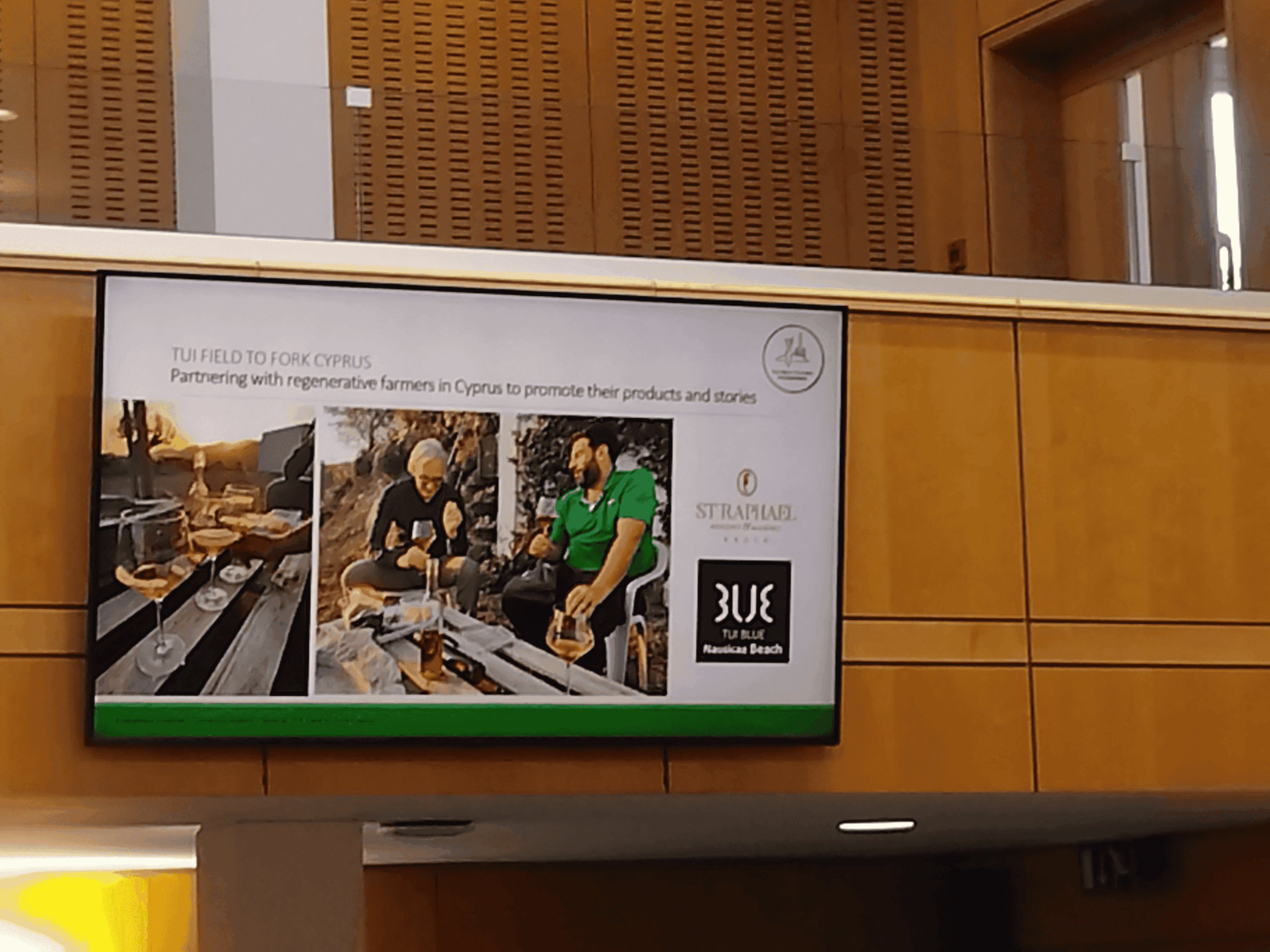
*Read on to explore ways in which so far, CEF has supported the transition of Cypriot farmers towards ROA:
In collaboration with AKTI, CEF funded the creation of a roadmap and an information manual that explored the idea of community composting units for the management of green agricultural waste locally. The study showcased how economically viable the creation of such community composting unit is within the 11-community member cluster of Morphou region in Cyprus. Read more about the project here.
For the past year, in partnership with KES College and the Christos Stelios Ioannou Foundation and with the support of the TUI Care Foundation CEF has been supporting the transition of Cypriot farmers to ROA. The Field to Fork program Cyprus, has been offering free training sessions in regenerative agriculture for new and existing Cypriot farmers. The program has also been working to construct meaningful connections to the hospitality sector of Cyprus, aiming to promote farmers and their regenerative organic products. In the duration of this program, partner hotel guests will have the opportunity to experience these products and their unique qualities and stories within the spaces of the hotel or in the collaborating regenerative organic farms. Learn more about the project’s actions and stay connected to its updates, here.
